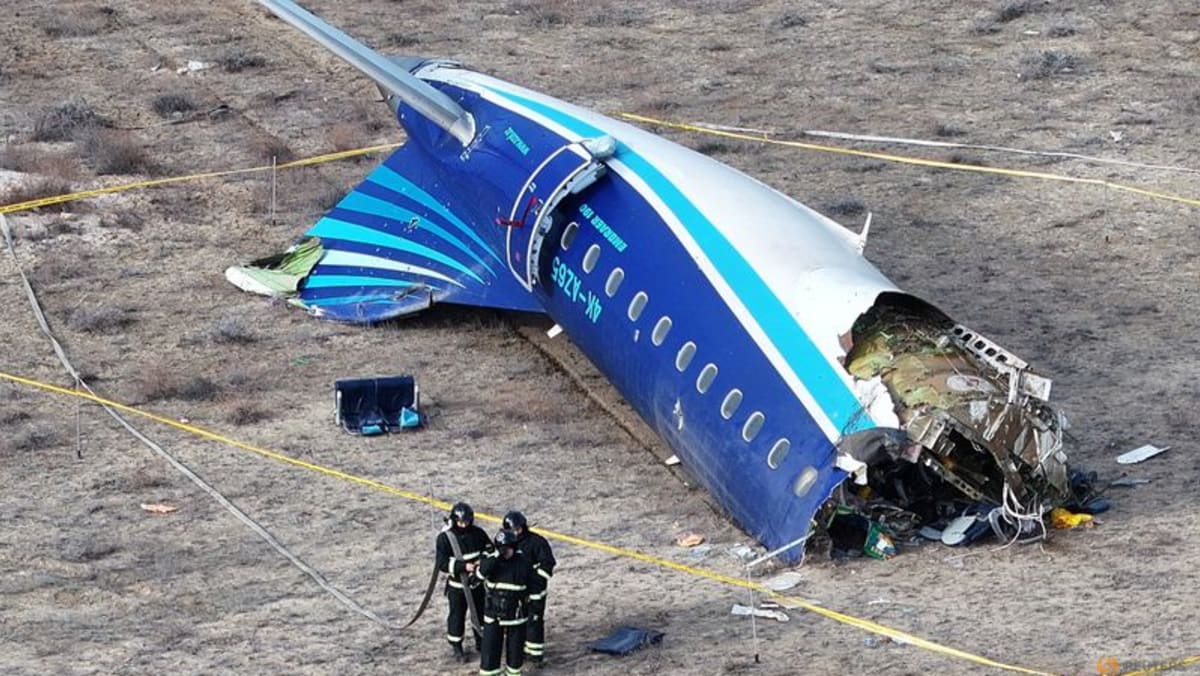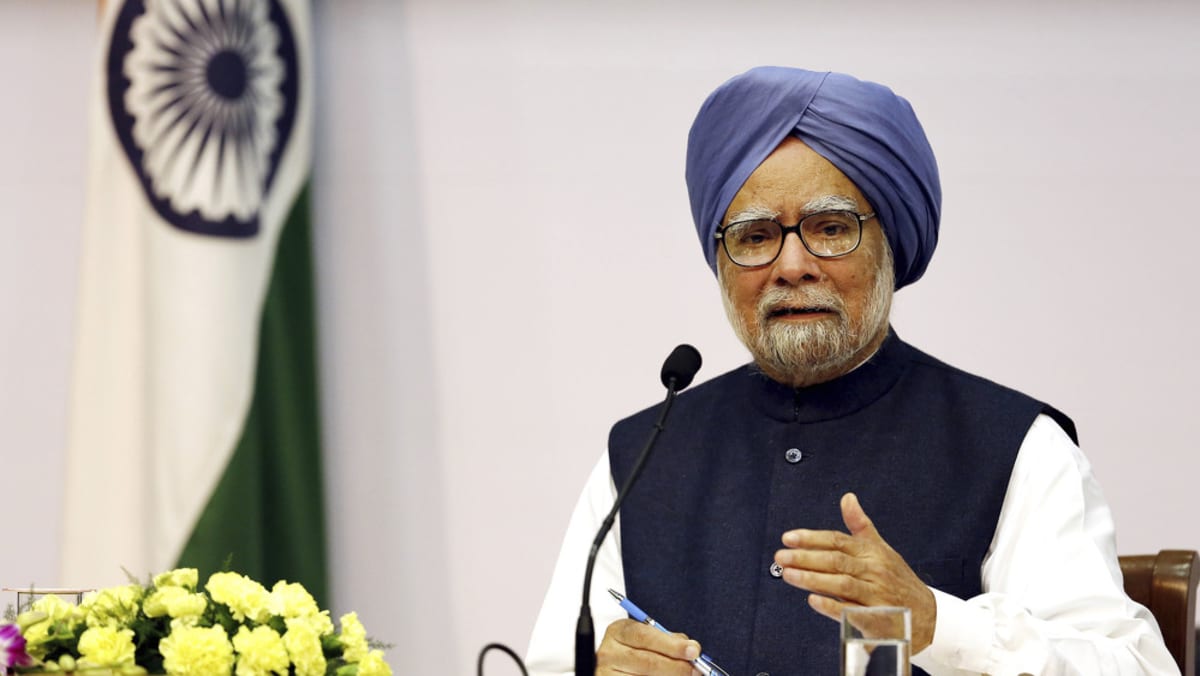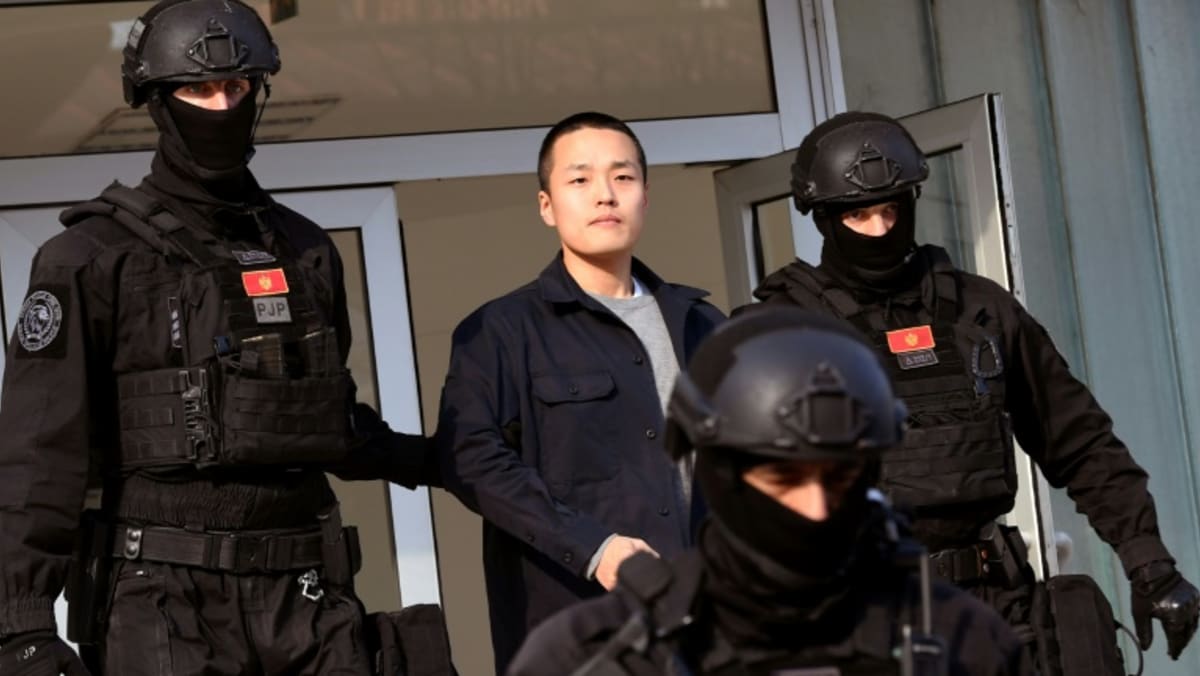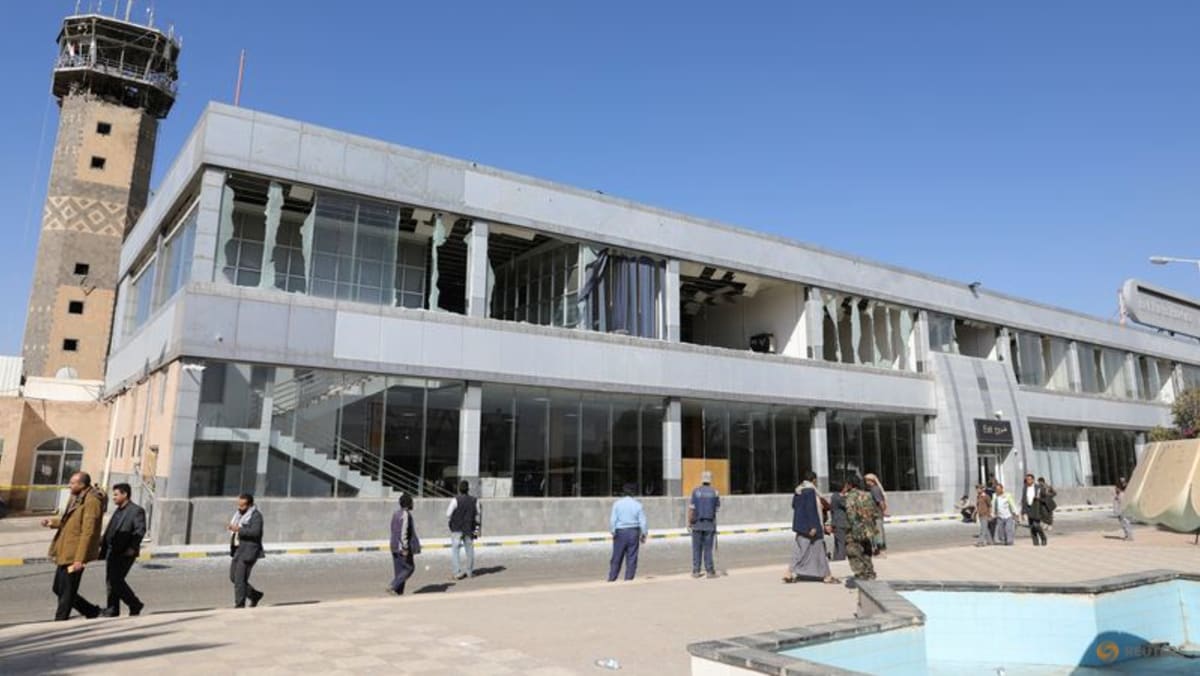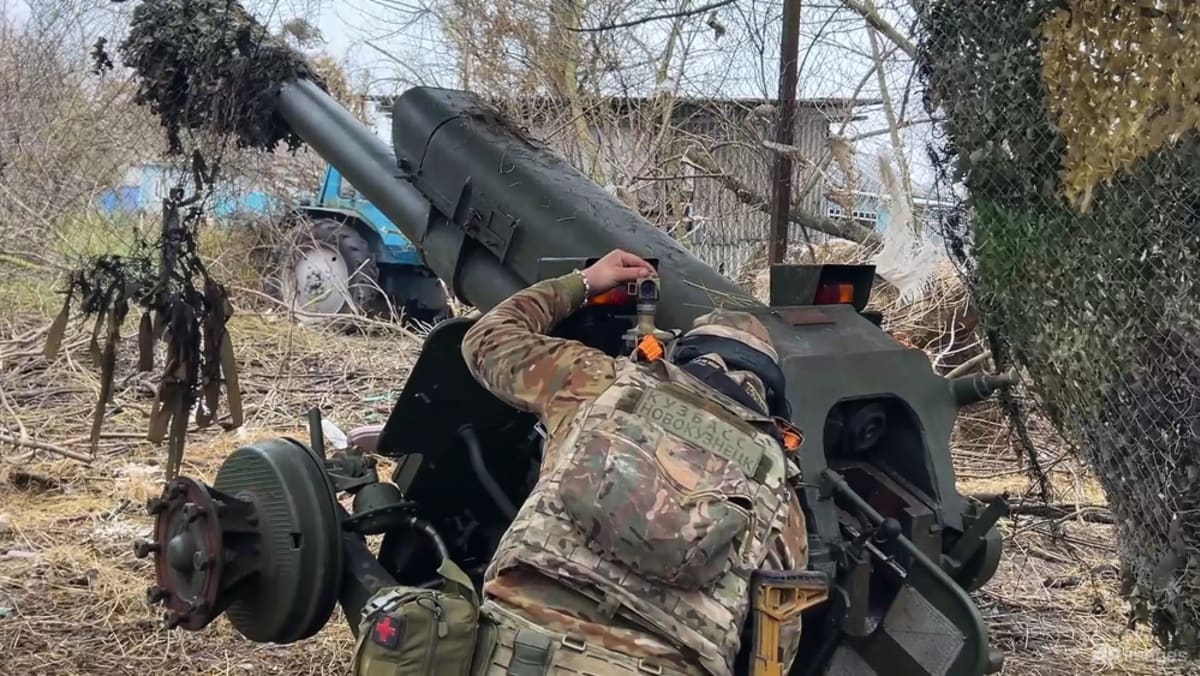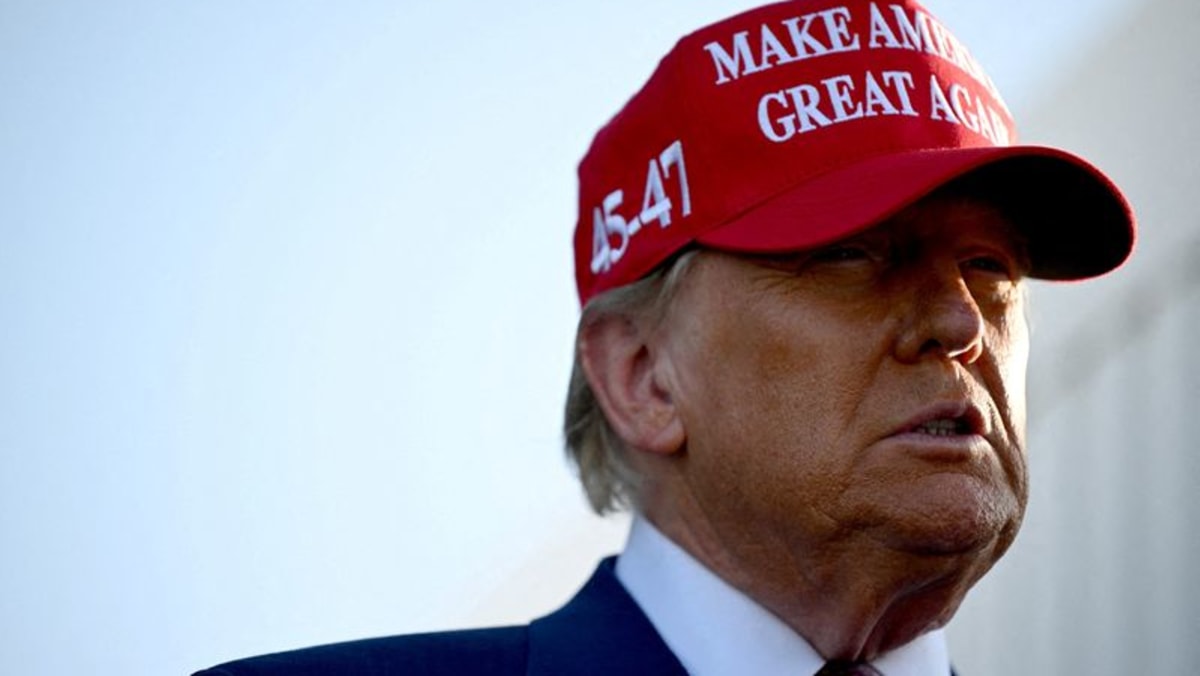RISING TENSIONS
The United States and other western allies stepped in to help defend Israel against a combined Iranian missile and drone attack in April, which Tehran launched in retaliation for an Israeli strike on the Iranian consulate in Damascus.
Iran has said that Nasrallah’s killing would bring about Israel’s “destruction”, though the foreign ministry said Monday that Tehran would not deploy soldiers to confront Israel.
Israeli Prime Minister Benjamin Netanyahu meanwhile issued a stark warning to the people of Iran on Monday, saying there was “nowhere in the Middle East Israel cannot reach.”
Netanyahu also said that a future “when Iran is finally free” would “come a lot sooner than people think.”
An attack on Israel by Iran would gravely compound fears of a wider regional conflict that the United States and other world powers have said they want to avoid in the Middle East.
The United States has cautiously backed Israel’s move to dismantle Hezbollah’s ability to attack northern Israel, even as President Joe Biden has called for a ceasefire.
US Secretary of State Antony Blinken on Tuesday said that Washington was “tracking events in the Middle East very closely.”
“The United States is committed to Israel’s defense,” Blinken said Tuesday morning while meeting his Moroccan counterpart Nasser Bourita at the State Department.
Washington said Monday that it was boosting its forces in the Middle East by a “few thousand” troops, by bringing in new units while extending others that are already there.
It was also deploying more fighter jets, the Pentagon said.
US Defense Secretary Lloyd Austin late Monday offered support to his Israeli counterpart Yoav Gallant for “dismantling attack infrastructure” belonging to Hezbollah along the border with Lebanon.
